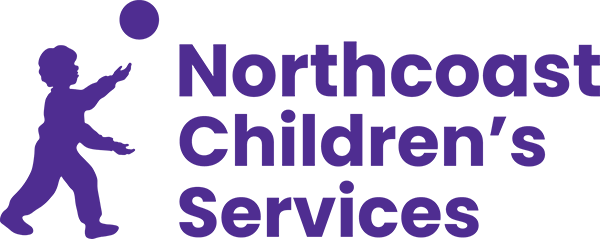Head Start and Early Head Start Eligibility Guidelines
Head Start / Early Head Start eligibility is based on Federal Poverty Guidelines.
Families who are homeless, receiving cash aid (TANF and certain types of Social Security benefits) or Cal Fresh/SNAP benefits and children in foster care are categorically eligible.
Note: Some programs are funded by both Head Start and State funding. With these partnership programs, families must be eligible for both programs.
State Funded Program Eligibility Guidelines
New enrollees in State Preschools and Child Care Programs must have incomes lower than the CDE
New enrollees in State funded Infant and Toddler programs must have incomes lower than the CDSS
Selection priorities for State Preschool & Child Care programs are:
- Families whose age eligible children are receiving child protective service or are at risk of being abused, neglected or exploited.
- Eligible returning children.
- 4-year-old children, who are not eligible for Transitional Kindergarten, with the lowest income.
- Children with exceptional needs.
- 3-year-old children with the lowest income.
Selection priorities for Infant Toddler Child Care programs are:
- Families whose age eligible children are receiving child protective service or are at risk of being abused, neglected or exploited.
- Age Eligible children with the lowest income rankings.
Eligible families qualify for full-day full-year programs when a need for child care is documented for:
- Child Protective Services/At-Risk
- Employment
- Education/Training Toward Vocational Goals
- Seeking Employment
- Seeking Permanent Housing
- Parental Incapacity
For a full list of priorities and more information on eligibility and enrollment, contact our enrollment team at 707-822-7206.
